A few months ago, I visited Fenavin, the most important Spanish wine fair in the world. I have always liked Mentrida PDO wines, so I decided to stop and try Almavid, a small family winery located in Valmojado (Toledo) and one of the few of the PDO that produces 100% organic wines.
The enologist and owner is Alberto Lopez, who explains the origins of his project: “My ancestors always had vineyards in the town. In 1998 I studied oenology in Madrid as a hobby to help my father, but I was working as a tv cameraman at the time. In 2013 I lost my job and decided to start making my first wines”, he recalls.
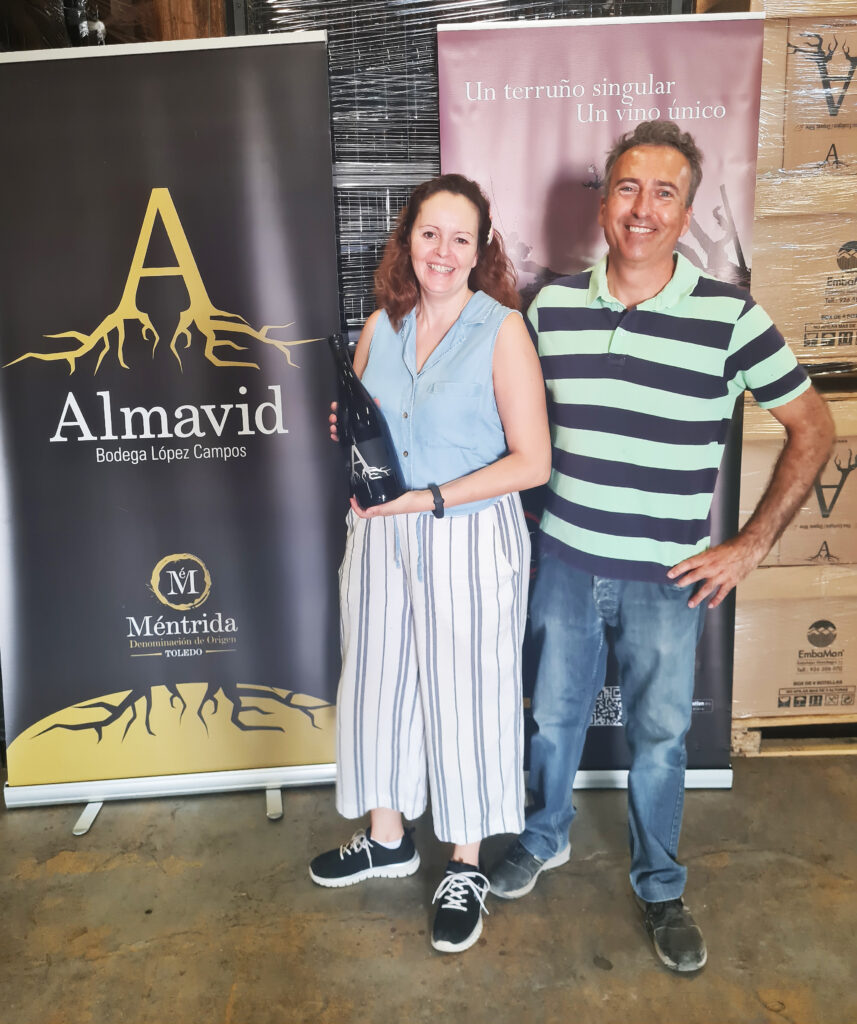
During the pandemic Alberto decided that the time had come to open his own winery. Therefore he rented an abandoned warehouse in Valmojado (Toledo) that belonged to the Catholic Church.
This last campaign has been especially complicated due to the extreme heat suffered in the Méntrida area in July and August. “The grapes haven’t ripened well, because above 36 degrees they don’t do photosynthesis,” laments the winemaker. “I’ve never seen these temperatures before.” His plots are in a privileged environment, at almost 700 meters of altitude, but this fact didn´t protected the grapes enough. I ask him if these imbalances can be corrected in the cellar “Very little, because my wines are also organic and we work with local yeasts in the fermentation”, he explains.
In addition to climatic difficulties, viticulture is a risky profession for other reasons. According to our protagonist, the farmers in the area are very discouraged. You work a lot, everything is very expensive in the supermarket, but you are earning the same money as 20 years ago. In his town cooperative the grape is being paid at 28 cents per kilo. There are 300 members and 1,200 hectares of vineyards that produce between 4 and 6 million kilos of grapes per year. The wine they produce is marketed in bulk because bottling all that volume is complicated.
A small Spanish organic winery
Alberto wanted to follow a different path, led by his vocation and his family tradition. “I always knew that I wanted to farm organically because it is sustainable and the right thing to do. But it is better not to make a business plan, because if you do, you will leave this adventure soon,” he smiles.
Being known and respected when you are a recently created family winery takes time. Alberto takes it easy, but without pause, devoting the hours that the day does not have to his project. In fact, he has already found an importer interested in his wines in Nigeria. When I asked him how he met him, he replied: “I have no idea, he wrote us an email and then came to see us and get to know the wines.” The export paths are mysterious.
Almavid wines have also recently been highlighted alongside other wines from the Méntrida PDO in a Spanish specialized magazine. Anyway the best promotion is the word of mouth from the people who visit the winery. Almavid is currently collaborating with the tourism program of the Méntrida-Toledo Wine Route, and they organize guided tours.
They are receiving more foreign visitors thant they expected. They come attracted by this small corner close to Madrid and to Sierra de Gredos to enjoy the old vines Garnacha wines protected by the mountains.
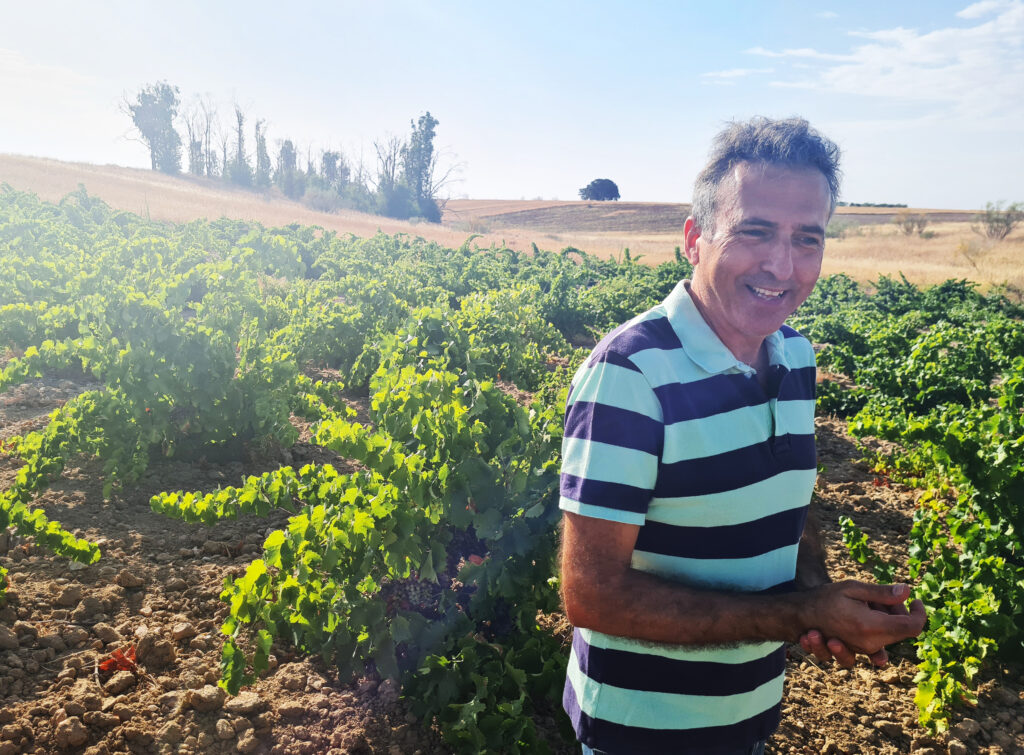
Visiting the vineyards
Last August I had the opportunity to accompany Alberto López on a tour of the 4.5 hectares of vineyards that are his greatest pride. The first one is called Cruz de San Gregorio. “My grandfather planted vines here it in 1934. Unluckily I will lose it in a year because a solar plant is planned.” This beautiful piece of land is a heterogeneous mixture of Airén, Malvar, Jaén and some red Garnacha. The wine made with these grapes cannot be labeled as Mentrida PDO because they are not grapes admitted by the rules. “They want us to differentiate our wines from other areas of Castilla La Mancha”, he comments.
In this parcel you can find beautiful old vines that will be destroyed soon. “I am the only one who did not want to sell, so there is no other solution. People in the area are tired, they want to retire.” Alberto and several wineries in the area have created a platform to defend the native vineyards against the fever of photovoltaic panels. But they have a powerful opponent.
Syrah vines grow in the second field that we visited. Alberto planted them a few years ago and he chose this variety because it is perfect for harmonizing Grenache wines and because of its sustainability. Syrah adapts really well to drought and warmer climates. He searched for a long time until he found the perfect one. “I was worried about a Syrah disease called decay, which in the medium term causes longitudinal cracks that suffocate the vine because the sap produced does not go down to the root and they run out of reserves. They told me about a nursery east of Venice in Italy, and that’s where I went to look for the best clones. We finally chose an Australian one that is also drought resistant,” he says. “At the moment I am happy with the result.”
I also had the opportunity to visit the oldest estate, Fuente Ignacio, planted by his grandfather in 1917. In 1919, after the phylloxera plague, he grafted it with Garnacha Aragonesa on goblet vines that today are pampered by Alberto’s knowledge. “I prune them so that the bunches are loose. That way the grapes ripen evenly,” he explains to me.
Almavid is a little gem to discover half an hour from Madrid. An ode to tradition and sustainability. Modern wines from vines with history. Wines with soul.
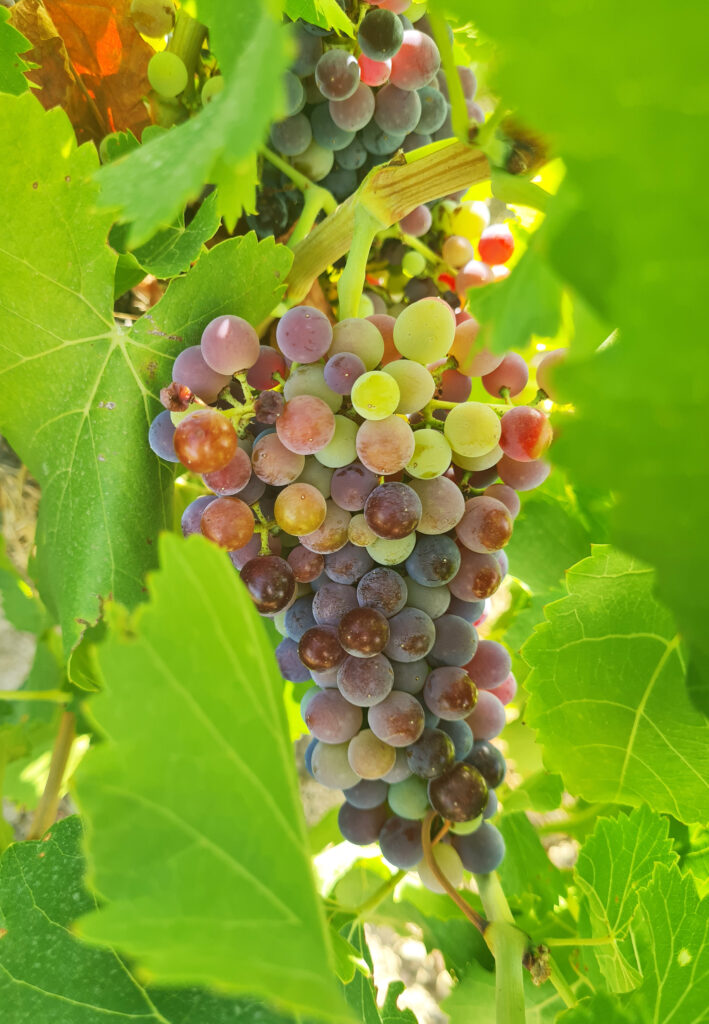
The wines
The final production usually varies between 15,000 and 20,000 bottles, all organic.
Find Almavid wines here
Do you want to visit this winery? Follow this link.



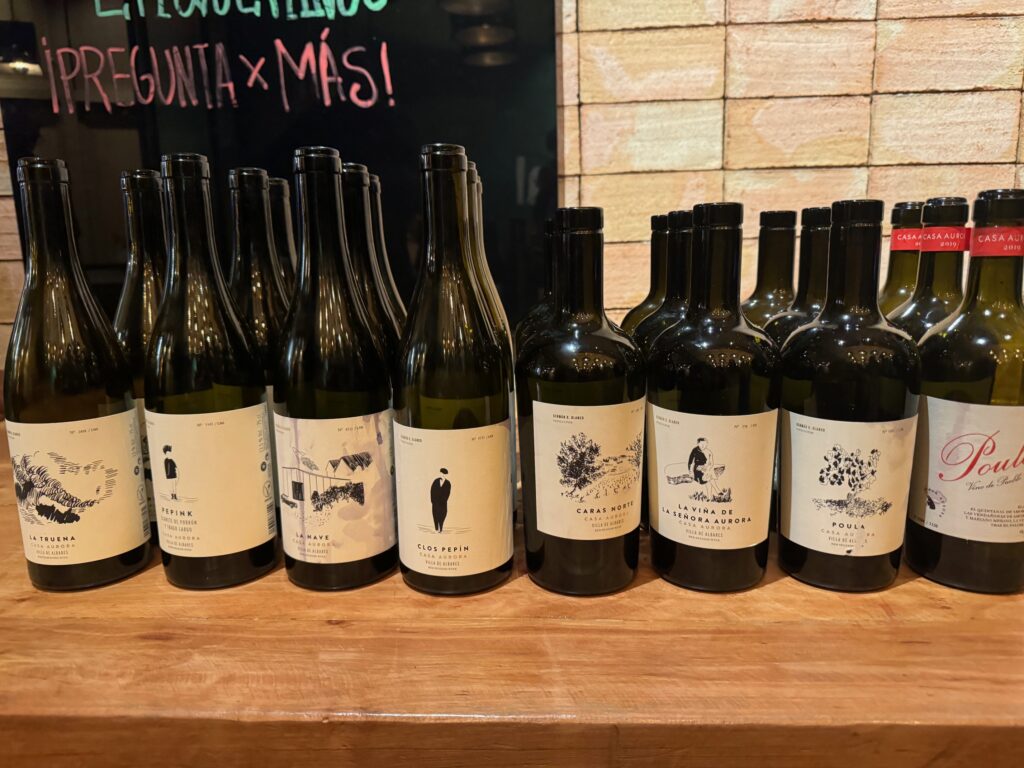

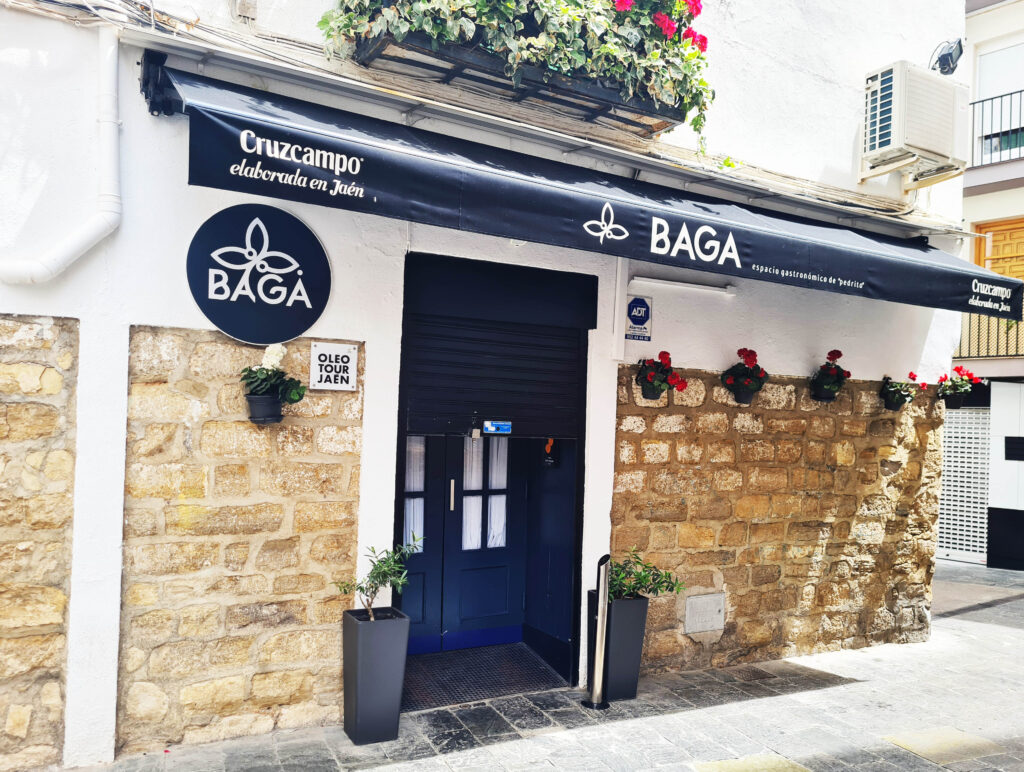
0 Comments